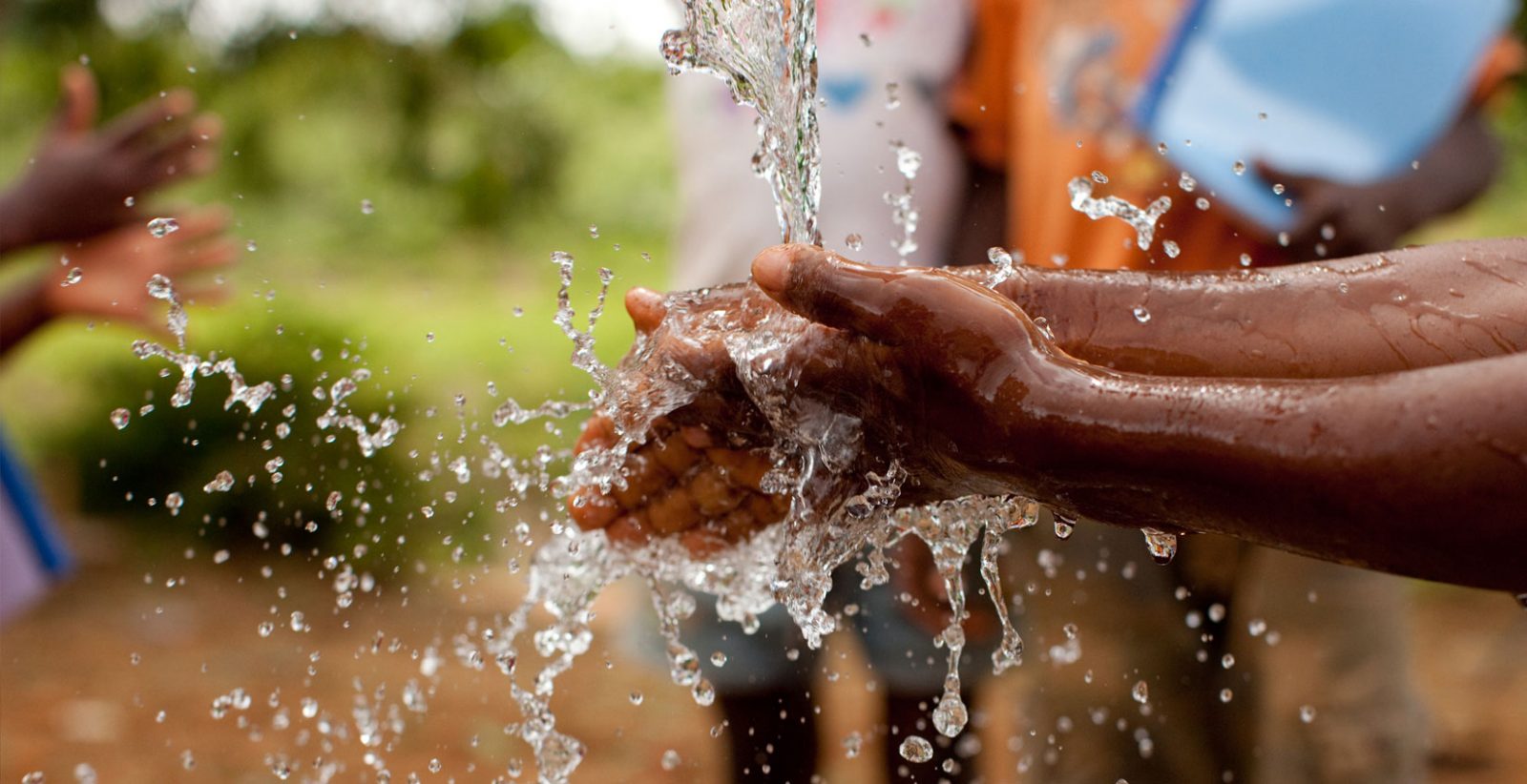By Liana Chikwekwe
28th February 2024
Zambia has been grappling with a severe cholera outbreak since October 2023. As of February 2024, over 20,000 cases and over 690 deaths have been reported since the outbreak. This has contributed to a Case Fatality Rate (CFR) of 3.4% and exceeds the World Health Organization acceptable benchmark for cholera pandemics of less than 1%. The cases recorded in the current outbreak are the worst since 1992 (13,659) and the highest in five decades, thus elevating the current outbreak to a major public health concern.
Over 2 million Zambians reside in identified cholera hotspots and across 13 districts. These are hotspots are mostly in the peri-urban areas and are characterized with poor Water, Sanitation, and Hygiene (WASH) facilities and services. These hotspots play a central role in the spread of the disease to other regions or areas and are specific and relatively small areas where the cholera burden is most concentrated. Of the 20 identified hotspots, 13 have had cholera outbreaks this year. The city of Lusaka, which was identified as the epicenter of the outbreak, constituted over 90% of all reported cases and reported relatively higher number of fatalities.
The cholera outbreak demonstrates the continued existence of critical challenges of access to WASH services. For instance, the emergency repair works on Lusaka’s main water supply pipeline caused the Utility company to effect a lengthy water service disruption of up to two months, in September of 2023. This move exacerbated the already insufficient access to water in Lusaka, presenting a significant public health risk for the city, particularly in terms of cholera exposure.
Further, rapid urbanization, and the proliferation of unplanned settlements have contributed to the recurrence of the cholera outbreak and eclipsed the provision of WASH services. For instance, between 2010 and 2022, the population of Lusaka increased from 2 to 3 million representing an increase of 40.6%. As of 2022, only 25% of the population were connected to the formal water and sanitation infrastructure. Thus, the combination of inadequate WASH services, rapid urbanization and unplanned settlements has made it difficult to prevent recurrence of the Cholera outbreaks.
In addition to the rising urban population pressure, prolonged years of low levels of investment in the WASH sector have affected the provision of WASH services and contributed to the reoccurrence of the outbreak. Over the past decade, budget allocations to WASH consistently accounted for less than 3% of the total budget – a figure notably less than the target set by Sustainable Development Goal (SDG) 6, which aims for 5% of the national budget allocation to the sector. Notably, in 2024, the WASH budget declined to K1.9 billion from K2.9 billion in 2023. Further, over 70 % of the sector’s budget is reliant on external partners, thus the low investment and overreliance on external support to the sector undermines the effectiveness of the preventative measures to combat cholera, particularly in communities facing water and sanitation challenges.
The consequences of the cholera outbreak extend beyond the immediate loss of lives. According to the Ministry of Health, globally estimated costs for cholera arising from emergency response costs and loss of productivity are estimated at K1,500 per person. For Zambia, the estimated costs had reached approximately K30 million by February 2024. The Ministry warns that cholera could reduce the Gross Domestic Product (GDP) by 2.5%. The costs of a cholera outbreak further extend to economic consequences as seen in the closure of schools for 2 months due to the outbreak, causing disruptions in learning and the school calendar, this may have potential impacts on examination preparations, and ultimately, completion rates.
Despite the challenges faced, the Government has adopted a multisectoral approach, involving the public and private sector, and the communities. The approach involves treatment, improvement of the WASH in cholera hotspots, vaccination initiatives and community sensitization. However, given the resurgence and cost of the outbreaks in the country, the Government’s approach in the short to medium term must ensure that the WASH sector is prioritized by increasing the budget allocation to the sector. The Government may also utilize other financing mechanisms like the Constituency Development Fund (CDF) and direct investments to areas with inadequate WASH services. Such a financial commitment is crucial for… hotspots and vulnerable communities’ cholera preparedness.
Further, resettlement, urban planning, and improved Water, Sanitation, and Hygiene (WASH) services play a crucial role in eradicating cholera. Therefore, in the medium to long-term, the Government plan must involve resettlement of the population in hotspots, and urban renewal initiatives. Moreover, the ongoing establishment of comprehensive citywide water and sanitation systems must be accompanied by implementation and enforcement of city planning laws and sanitation by- laws to prevent the resurgence of the unplanned settlements.
Cholera prevention ultimately saves lives and money. It is evidently clear that cholera is an expensive disease and, therefore, it is critical to invest in its control to boost socio-economic development. Further, it is important to note that the outbreak is not the Government’s fight alone but an urgent call to action for communities to work with the state by practicing cleanliness.

